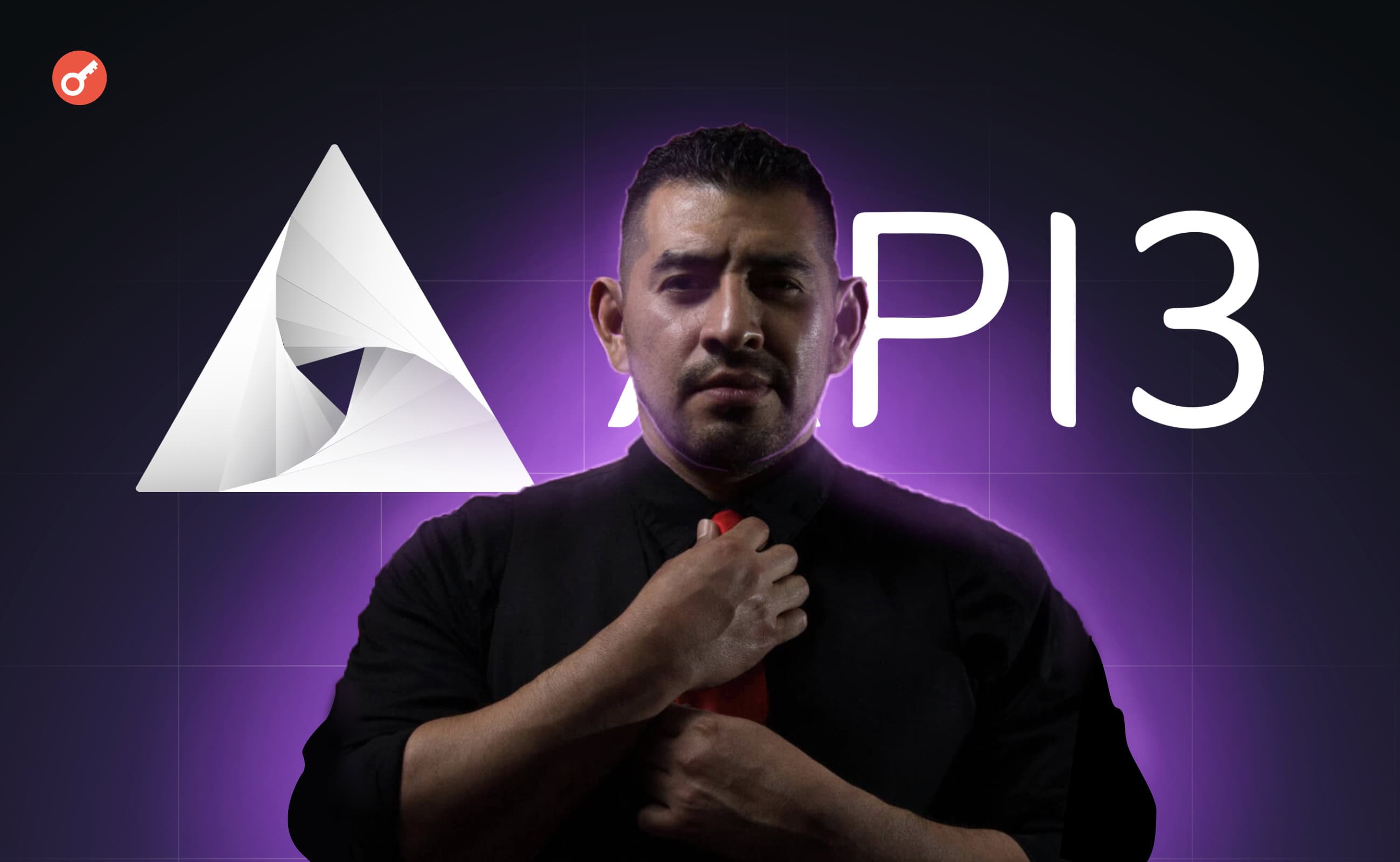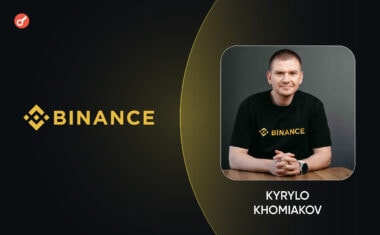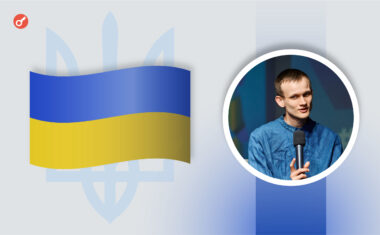Interview with Billy Jitsu: on the API3 Oracle Protocol and the Benefits of OEVs

Blockchain cannot communicate with the ‘outside world’. To receive information from outside the network, such ledgers need the help of special intermediaries — oracles. Oracles process the necessary data and transmit it to smart contracts.
Oracles are mostly centralized, so some projects are trying to solve this problem.
Incrypted spoke with Billy Jitsu, a developer relations specialist at API3 DAO. He told us why the decentralization of such services is important, how the project works, and how it differs from the competition.
What is Web3 oracle? Because it’s what you do.
Yes, we are an oracle solution. Chains don’t talk to the outside world. They only stay internally. As a good example, it would be maybe PlayStation and Xbox. They couldn’t interact with each other before. If you had an Xbox, you can only play with people at Xbox. A PlayStation can only play with PlayStation. So what we have is we’ve now combined them two.
So we read the outside data and have a way through a smart contract to bring that on-chain. Ethereum doesn’t know the price of Ethereum. We grab that data from CoinGecko and other feeds and then bring that data on-chain, so you can use it for DeFi.
The API3 positions itself as a decentralized solution. How is it different from Chainlink?
In order to get a price feed for API3, you have to run a first-party oracle. We don’t get the data from somebody and then relay it. The actual APIs do the data themselves and bring that on-chain. They have to run their own Airnode and then bring that data.
We can’t modify the data. You can read it. You can retrace it back to the original source. CoinGecko is probably one of the most popular ones that we do, they run their own Airnode and bring their data on-chain. We aggregate all the users or all the data on-chain and then put it on a single price.
I know it’s an omnichain solution. What networks does it support?
Right now, if you look at the marketplace, it’s like 16, but we have a backlog of maybe another 16 [20 networks available in the marketplace at the time of article release]. There are so many L2s coming out that we’re working with all the new L2s.
Who is helping you implement the omnichain solution?
We deploy on every chain. We don’t bridge any data out. It’s always a native chain. If it’s on, let’s say, Arbitrum, then we deploy a contract on Arbitrum. We don’t bridge any of that data out, so it’s all chain data.
You mentioned a solution called Airnode. What is it?
Airnode allows you to take your data off-chain and then bring it back on-chain. Let’s say we have a product called ChainAPI. Let’s say you want to grab some data from a race or an MMA match and then settle the bets on-chain, you can create your own Airnode, then pull the data from the API and then bring that down to the smart contract level so it’s automated. So it could be fair.
Is it a permission protocol?
No. Anyone can do it. Permissionless. You don’t have to ask us for anything. You just use the infrastructure, deploy it yourself.
So if I’m a developer, I can just take your API and use it?
Yes, you could.
What about revenue? How do you get your revenue?
This is a public good. Our design is to make more money on the DeFi oracles, the price oracles. Our newest product is Oracle Extractor of Value (OEV). With that we are decentralizing the way prices are updated on the chain.
For those who don’t know how oracles work, we bring in the data and we bring it down on-chain. But every time you do a transaction, it costs money for gas. Imagine doing that on every chain, every 10 seconds – we’d go out of business.
So there is a certain discrepancy in price. Let’s say 1% deviation on Ethereum and pretend price is $2000. The price won’t update unless it’s $1980 or $2020. So if it goes up and down, the price on the chain won’t change.
So what Oracle Extractor of Value gives you the ability to do is you can bid to update the price to the exact price that it is at the time without having to wait for the variance. So in a DeFi borrow lending situation, let’s say Aave, there’s a position that could be liquidated at $2005, instead of waiting all the way to $3020 to get that price updated so I could do the liquidation, I could bid and say: ‘Hey, I want to bid this much money to create this opportunity for me and then do the liquidation’.
At the price I am bid, that goes straight to the debt. By using our Oracles as a DeFi platform or a borrow lending platform, you actually make money by using our Oracles because they’re going to pay you for the opportunity. Instead of paying out liquidation bonuses, the 5%, 10%, and getting nothing for it, now you’re getting paid back this great value.
What projects are already using your solution?
We’re currently working on all the multiple chains. We’re going to have that all live pretty soon. It’s not 100% live yet. We’re working on that. People are updating the oracles to be able to do this.
You have a governance token. Can you tell us about its role in your project?
We can’t make a decision without governance approval. So any initiative that we’re trying to do, for example, with OEV or any adjustments, all of that has to go through governance.
So there’s a lot of input from the governance holders as to what direction API3 wants to go. We had to do a governance vote on OEV to see if we should fund it. Obviously it was a success and we were able to move this forward. So the governance tokens really helped us dictate where we wanted to go and where we wanted to focus our efforts.
What is the current focus of the project team?
All the efforts are going to the OEV because it’s the one thing that really differentiates us from a lot of our competitors. Anyone can give you a price on-chain. But what makes us different is the ability to decentralize the way that price charges are updated by creating bids. We don’t have to follow the standard anymore. If people keep bidding on it, our oracles get better by default.



